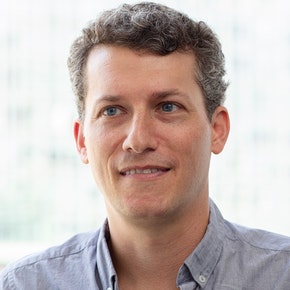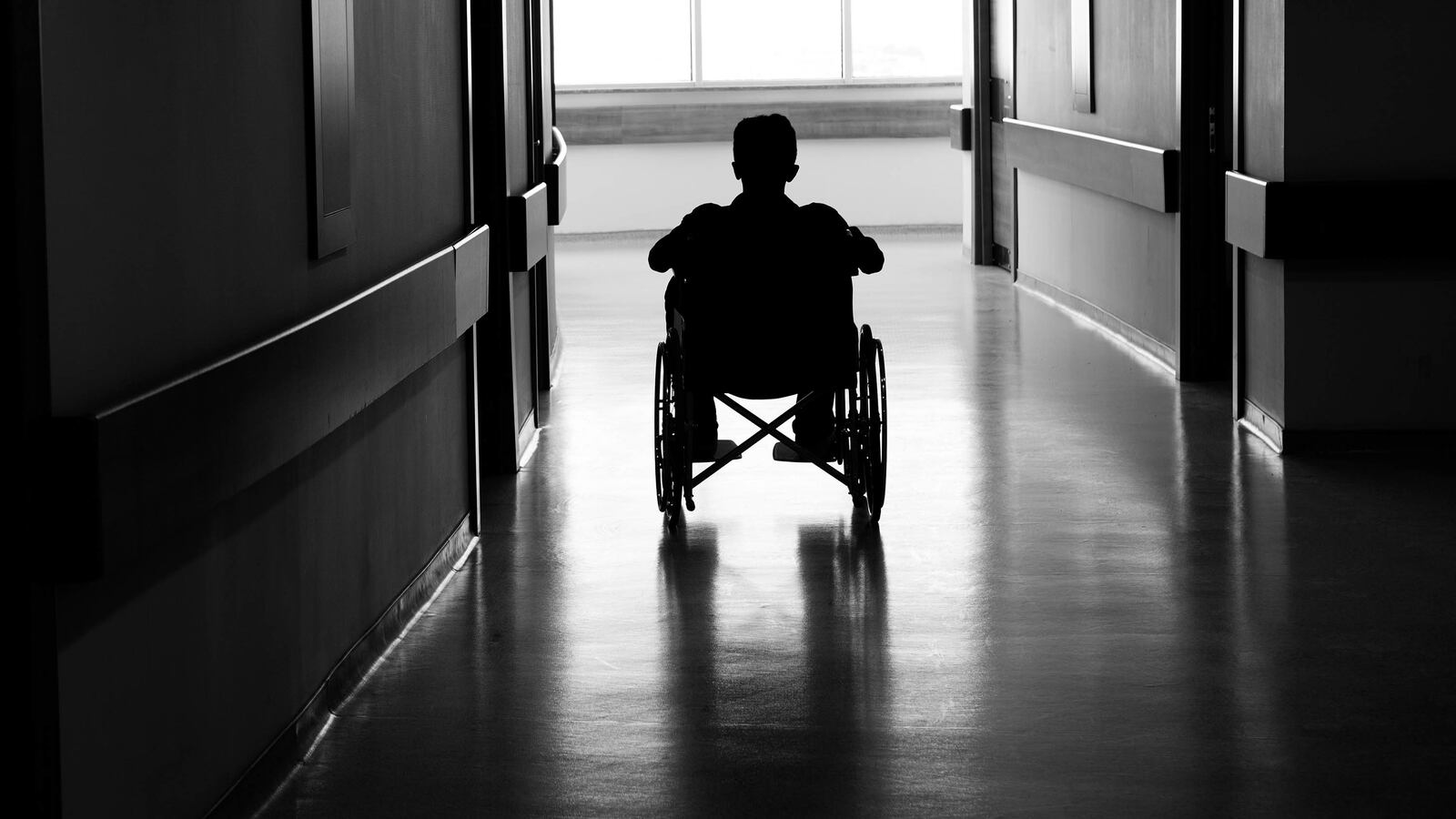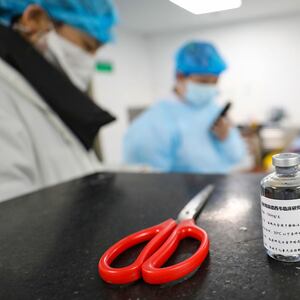In the fight against COVID-19, the National Institutes of Health, the Food and Drug Administration and the biopharmaceutical industry have joined together to speed experimental drugs through the regulatory pathway. This collaboration and approval process on steroids is not normal. It is instead the result of the huge political and social pressure that this pandemic unleashed.
While it may not have been normal before, it is exactly what we should be doing to prevent the next pandemic—and to save the lives of millions of Americans living with terminal illnesses.
The normal regulatory process today is what I have lived as a patient with a 100 percent terminal disease, Amyotrophic Lateral Sclerosis (ALS), who has been waiting more than two years to get access to a single experimental drug. Normal is bureaucratic rules, regulations and red tape that tie us in knots while grinding progress to a frustrating halt.
Today, there are over 430 clinical trials for COVID-19—all launched within four months—and more than 75 are already in Phase III, which is considered by FDA to be the final trial needed before a treatment can be approved. A number of these trials plan to be completed this year, meaning they will have gone from start to finish in less than eight months.
One of the most well-known of these trials is Remdesivir. That trial, which began on Feb. 21, has already resulted in a grant of emergency use authorization based upon its showing, in the words of Dr. Anthony Fauci, a “significant, positive effect in diminishing the time to recovery” for some COVID-19 patients. In other words, in just over two months we pushed through a potential treatment for COVID-19. This is amazing.
For ALS, on the other hand, the shortest path from trial initiation to treatment is multiple years. One potential treatment, a stem cell therapy called NurOwn, has been stuck in trials for nearly a decade. During that time approximately 60,000 people died from ALS in the United States alone. Patients publicly beg the drug company, FDA and our elected officials for access to NurOwn daily and yet it remains unavailable, unlikely to come to market until mid-next year at best (if at all).
This anemic process for developing therapies is not unique to ALS. As we move forward from this pandemic, hundreds of thousands will continue to die from glioblastoma, Alzheimer’s disease, rare genetic disorders—terminal illnesses that are not being addressed with a scintilla of the urgency we see in the fight against COVID-19.
Now there is a reason for these rules and regulations that prevent us from coming up with an ALS drug on Monday and then prescribing it on Tuesday. By law, NIH is supposed to fund good, rigorous science and the FDA is mandated to only approve treatments that are safe and effective. The rush to combat COVID-19 has made clear the importance of these rules and regulations to protect the public. Without them, we risk tests that are inaccurate and unproven “cures” could become widely adopted.
The fight to combat COVID-19, however, exposed the myth that the drug development, testing and approval process must be done in a slow and plodding manner over the course of multiple years while people die. COVID-19 showed us that when both the need is urgent enough and the pressure great enough, there is a different speed at which the biopharmaceutical industry and these agencies can act.
NIH and FDA are filled with dedicated public servants who give their lives and careers to saving ours. Even before COVID-19, both had taken incremental steps to try to speed up drug approvals and access to experimental therapies. COVID-19 made clear, however, that tinkering with the existing system won’t solve what ails us. Instead, we need to overhaul the system by applying the lessons of COVID-19.
We all deserve a system where the speed and urgency that have been seen in the fight against COVID-19 is the norm, not the exception. We all deserve the level of creativity, cooperation and urgency shown by NIH, FDA and industry in this fight.
In particular, we all deserve a system that fills trials in weeks rather than years so that they move forward as rapidly as is possible. We deserve trials that have been thoughtfully designed to tell whether a drug works in the shortest amount of time possible and with the smallest possible number of trial participants. And we deserve real pathways to try safe, promising therapies now when the other option is certain death.
For a window of time, the entire world has had a glimpse of what it feels like to be a patient with a terminal diagnosis like ALS—to be told there are no good tests, no good treatments and no good answers.
Today the science seeking to cure ALS—and other terminal diseases-—is moving faster than ever. That speed must be matched by a new regulatory framework, inspired by what COVID-19 has proved possible. Now that we have viscerally experienced what it feels like to live in the shadow of death, it is our moral obligation to change the system for all those facing terminal illness and for whom that shadow grows longer every day.
Brian Wallach has been living with ALS for three years and in 2019 co-founded the non-profit I AM ALS to empower patients to lead the fight to end ALS.






